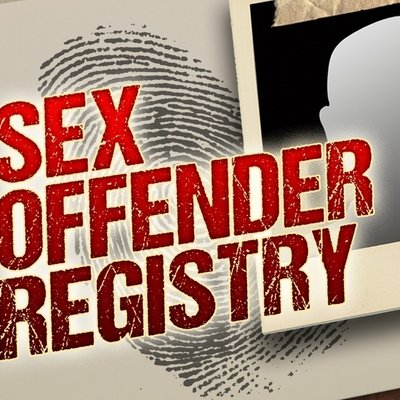
If you are found guilty of committing a sex offence in Canada, you are likely to land in the National Sex Offender Registry. For the first time since 2011, the Federal government has introduced significant changes to how the registry operates. This is largely since in October 2022, the Supreme Court of Canada declared two parts of the Criminal Code of Canada unconstitutional. These two provisions dealt with Canada’s National Sex Offenders Registry. The court gave the federal government one year to update the law or have the registry become inoperable. The two parts of the Criminal Code that were found to be unconstitutional were:
- Section 490.012- The requirement for all people convicted of designated sex offences to be automatically registered in the sex offender’s registry, and
- Section 490.013(2.1)- The requirement that anyone found guilty of more than one of the designated sexual offences be added to the registry for life.
What is the National Sex Offender Registry:
The Sexual Offender Information Registry Act (SOIRA) came into law in 2004 and requires individuals found guilty of a designated sex offence to register in a database. This database is called the National Sex Offender Registry. The designated offences include, but are not limited to:
- Sexual assault
- Sexual Exploitation
- Sexual offences involving minors
- Child Pornography (possession and distribution)
- Sexual trafficking
- Incest and Bestiality
A person generally must register with the registry within 7 days of being ordered by a Court to do so. Some of the information the individual must provide the Sex Offenders Registry with includes:
- Full name and birth date
- Gender and a physical description of themselves
- Home and Employment address
- Licence and Passport numbers
- The Sexual Offence committed
The intended purpose of the Sexual Offender Registry is to allow police to keep track of sex offenders and to use the registry as a tool to investigate sex offences. It is important to note that unlike the USA, the sex offender registry in Canada is not Public. This means only police agencies have access to it.
Government response to the Court’s decision:
To ensure the continued operation of the National Sex Offender Registry after parts of it were found unconstitutional, the Federal government introduced Bill S-12. As of October 9, 2023, the bill is on track to become law by the end of the month. It has passed in the Senate and is currently going through a final vote in Parliament. There are numerous changes to the sex offender registry proposed under this bill. This includes giving judges the discretion whether to order individuals to register for life with the registry. A judge would be able to make this order if an individual is guilty of multiple sex offences during the same prosecution and the person poses a high risk of re-offending. The proposed law would also get rid of the automatic registration of all people convicted of sex offences. Rather, automatic registration would only apply if:
- An individual is found guilty of a sex offence against a child and is sentenced to two or more years in prison and
- Any individual who has been found guilty of a designated crime before or has been previously ordered to register with the National Sex Offender Registry
All other individuals convicted of sex offences would also be required to register unless they demonstrate to the court that they do not pose a risk to the community. Individuals can also avoid being added to the registry if they prove that registering them does not meet the purpose of the registry. Previously, courts had no discretion at all, and an individual found guilty of a designated sex offence was automatically added to the registry. The designated sexual offences list would also be expanded. It would expand to include cases that involve the non-consensual sharing of intimate pictures and cases involving sextortion. The purpose of the National Sex Offender Registry remains to help law enforcement prevent and investigate sexual offences.

